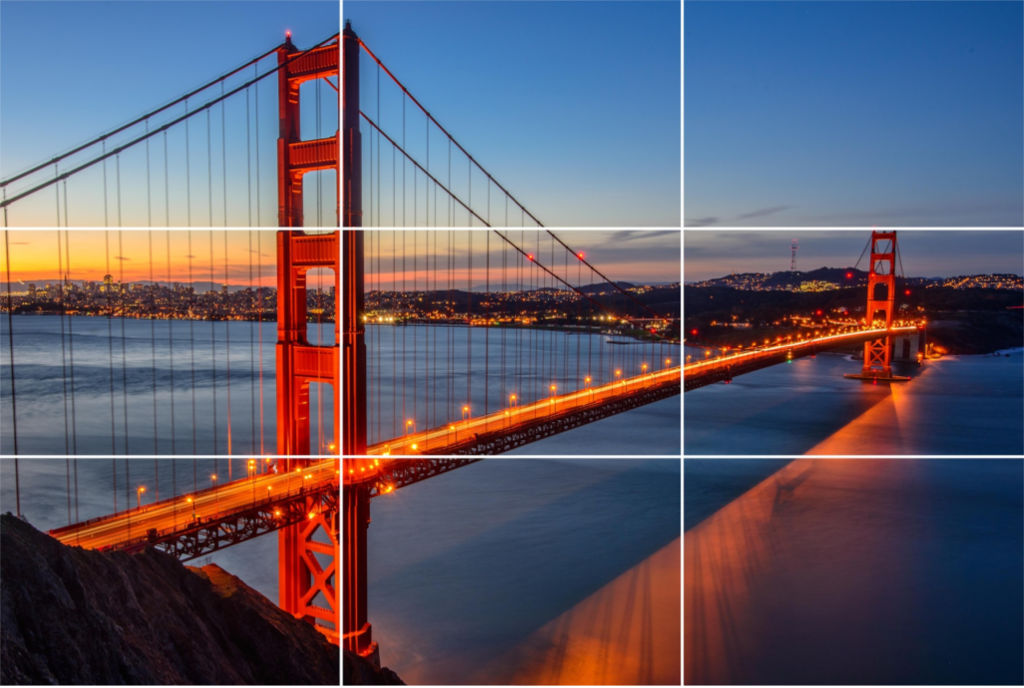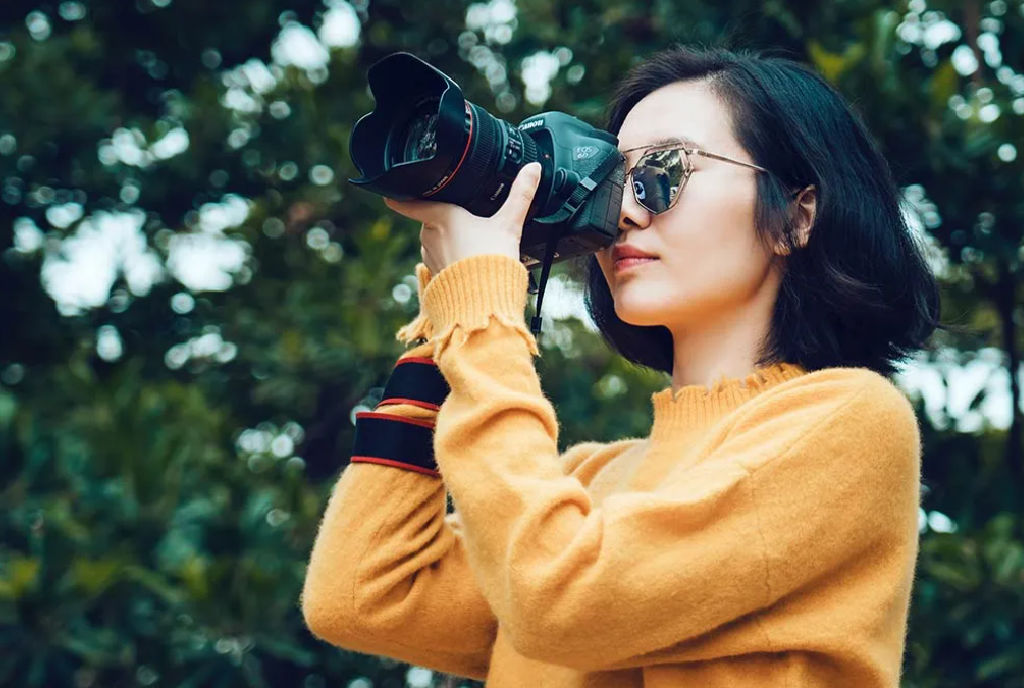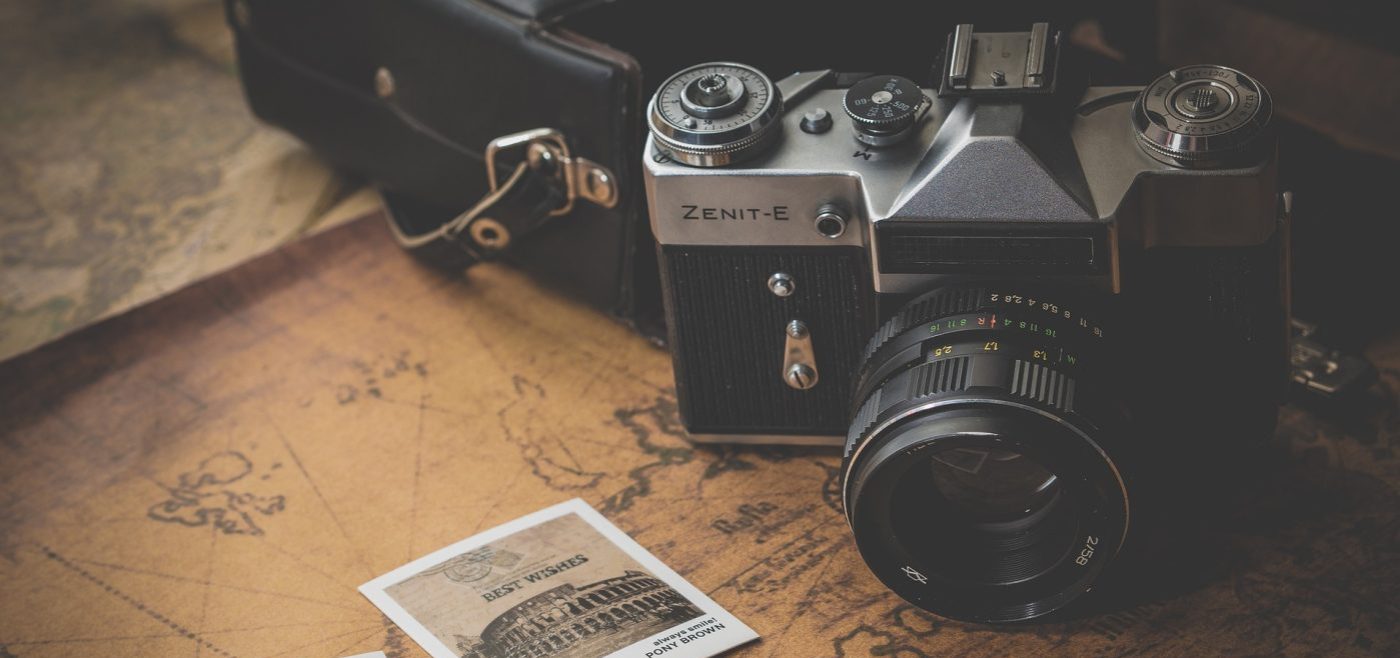Photography requires more than just an expensive camera to capture breathtaking images. Whether it’s capturing a serene landscape or a candid moment between loved ones, it’s essential to have a solid foundation of skills that can help you take your photography skills to the next level. In today’s fast-paced digital world, anyone can become a photographer, but it’s mastering the essential skills that separate the mediocre from the exceptional. Capturing the perfect shot requires patience, creativity, and technical aptitude, but with the right skills, anyone can become a master of their craft. In this blog post, we’ll delve into the three essential skills every photographer must master to capture the perfect shot. Whether you’re a seasoned professional or just starting, our expert advice will help you hone your craft and produce stunning images that will leave a lasting impression on your audiences
Composition: The Art of Visual Storytelling

Composition is the arrangement of elements within a frame that creates a visually pleasing and balanced image. It involves making conscious decisions about the placement of the main subject, the use of lines, shapes, colors, and the overall balance of the image. A photographer with a keen eye for composition can transform an ordinary scene into a captivating masterpiece. To be good in composition requires understanding the rule of thirds, which involves dividing the frame into thirds both vertically and horizontally, and placing the subject or key elements along these lines or at their intersections. However, it’s important to note that rules are meant to be broken, and experimentation with composition can lead to unique and compelling results. Furthermore, paying attention to the background and eliminating distractions is vital. Simplifying the composition by removing unnecessary elements allows the main subject to stand out and ensures that the viewer’s attention is focused where it should be.
Mastery of Light: Painting with Shadows and Highlights

Lighting is the cornerstone of photography. The way light interacts with the subject can dramatically change the mood, depth, and overall impact of an image. Understanding how to use and manipulate light is crucial for capturing the perfect shot. Natural light, whether it’s the soft glow of sunrise or the warm hues of sunset, can create a magical ambiance. Learning to observe and predict the quality, direction, and intensity of natural light can help photographers take advantage of the best lighting conditions. Moreover, mastering artificial lighting, such as flash and studio lighting, allows photographers to have complete control over the illumination of their subjects. Understanding how to use diffusers, reflectors, and modifiers can enhance the lighting setup and add depth and dimension to the photograph.
Developing an Artistic Vision: Seeing Beyond the Obvious

While technical skills are essential, developing an artistic vision sets photographers apart as true visual storytellers. It involves seeing beyond the obvious and finding beauty in the mundane, capturing emotions, and conveying a unique perspective. To cultivate an artistic vision, photographers must train their eyes to spot interesting subjects, patterns, and details that others may overlook. This requires a keen sense of observation, curiosity, and an open mind. Developing a personal style and voice is another crucial aspect of artistic vision. It involves experimenting with different genres, exploring various photographic genres, and finding a style that resonates with the photographer’s personality and creative expression. Photographers must embrace their unique perspective, pushing boundaries and challenging conventions to create truly remarkable and memorable images.
However, mastering the three essential skills of photography discussed in this blog post is crucial for anyone who wants to capture the perfect shot. Learning and practicing these skills will not only enhance your technical abilities, but also enable you to tell a story through your images. As a photographer, it’s important to remember that developing these skills takes time, patience, and dedication. So, keep practicing, experimenting, and challenging yourself, and you’ll be well on your way to becoming a skilled and successful photographer.

